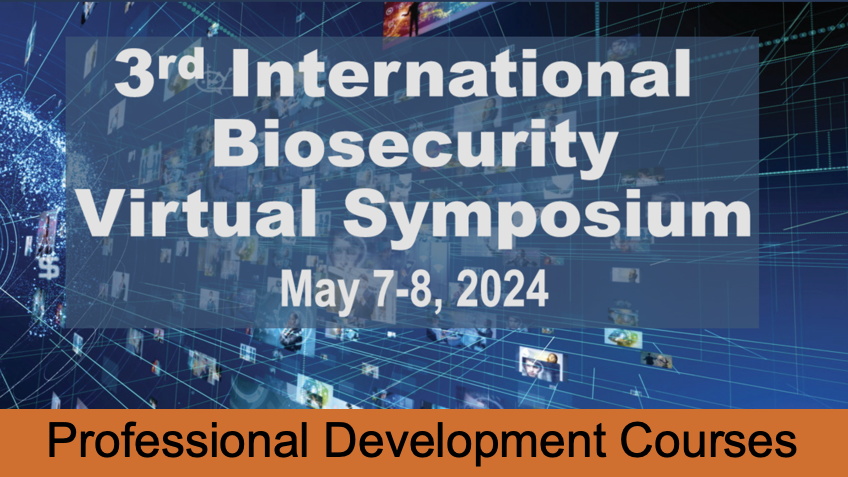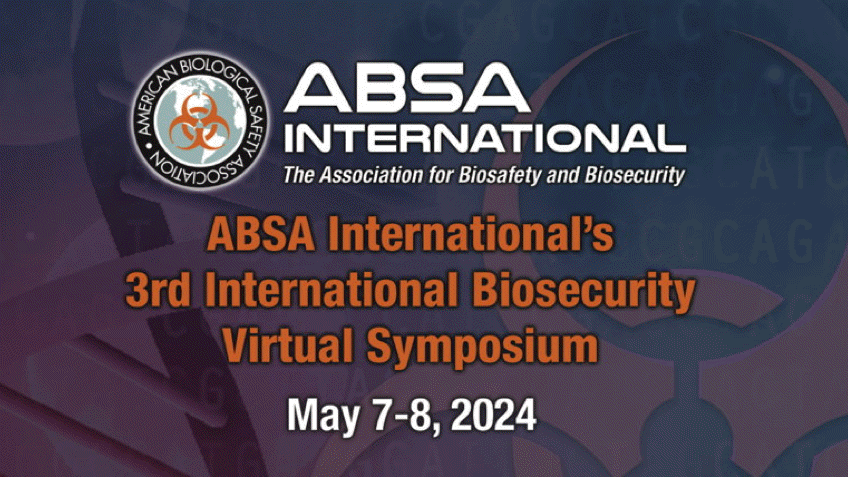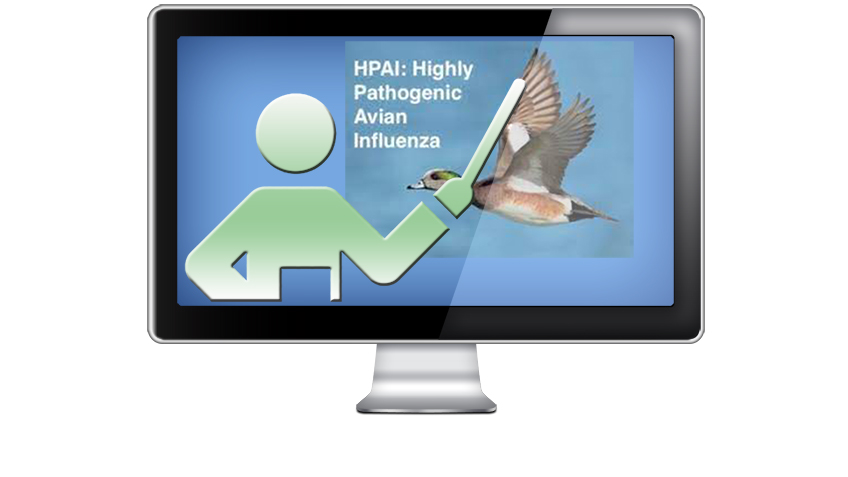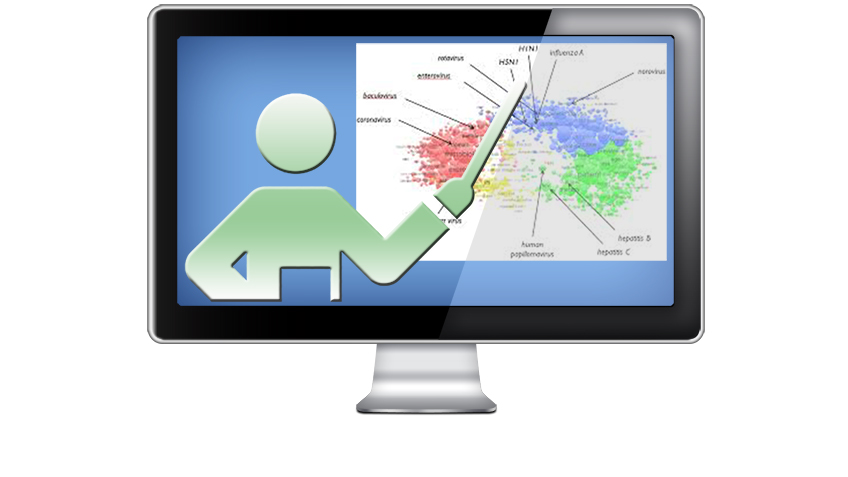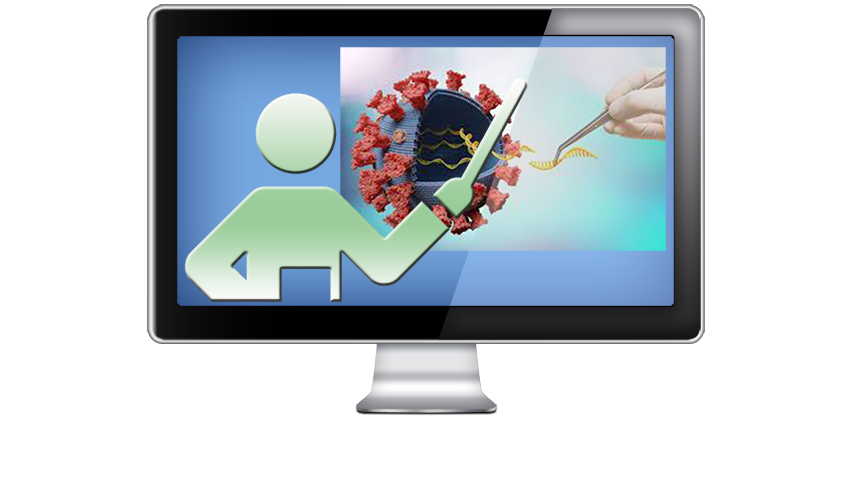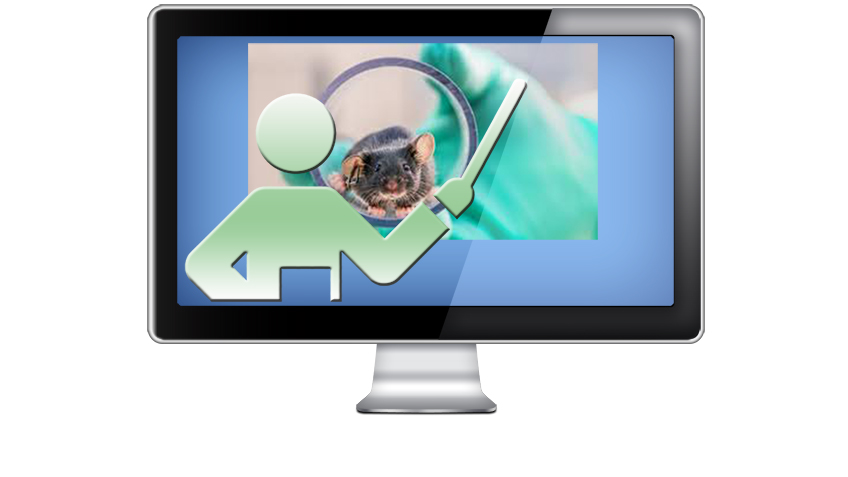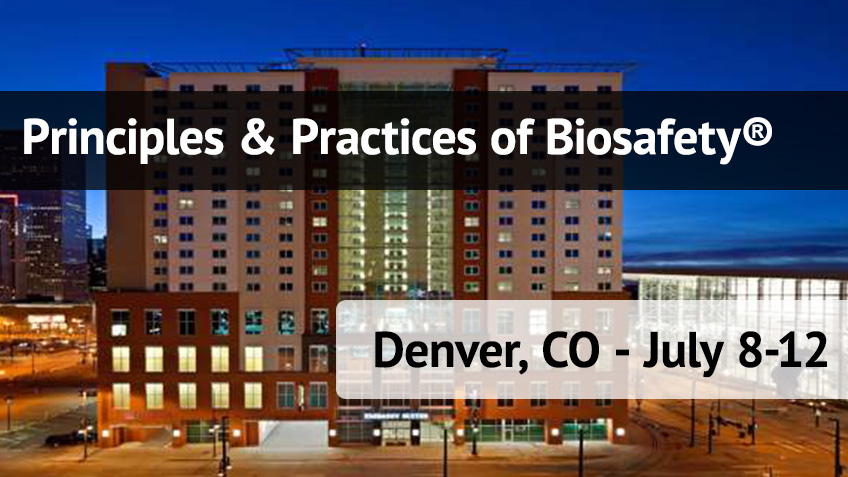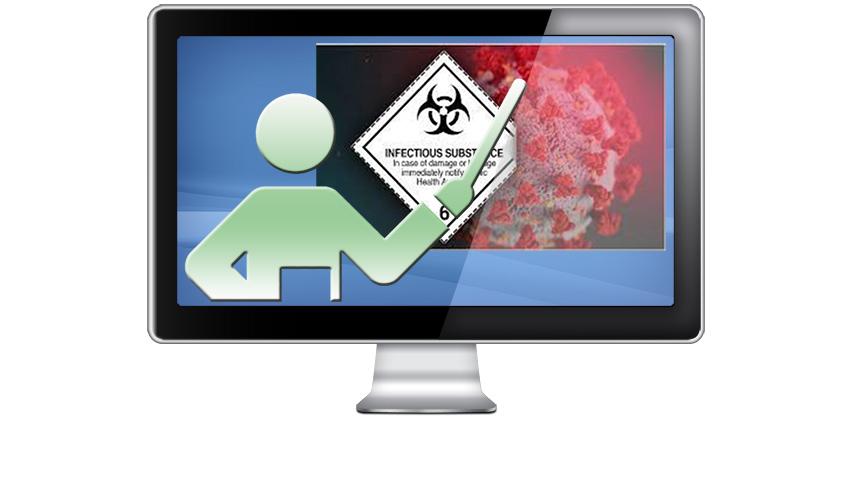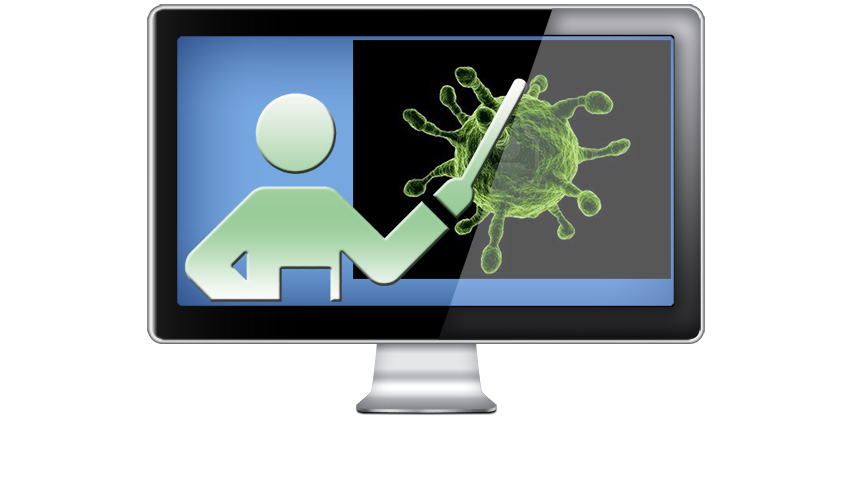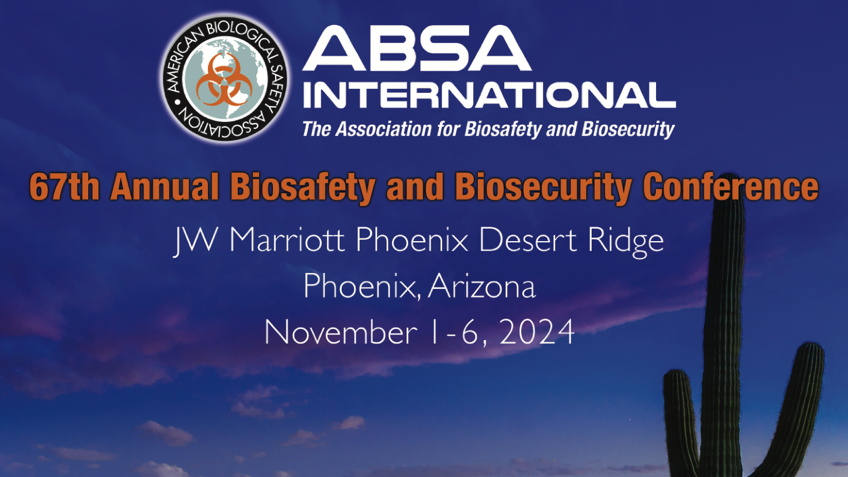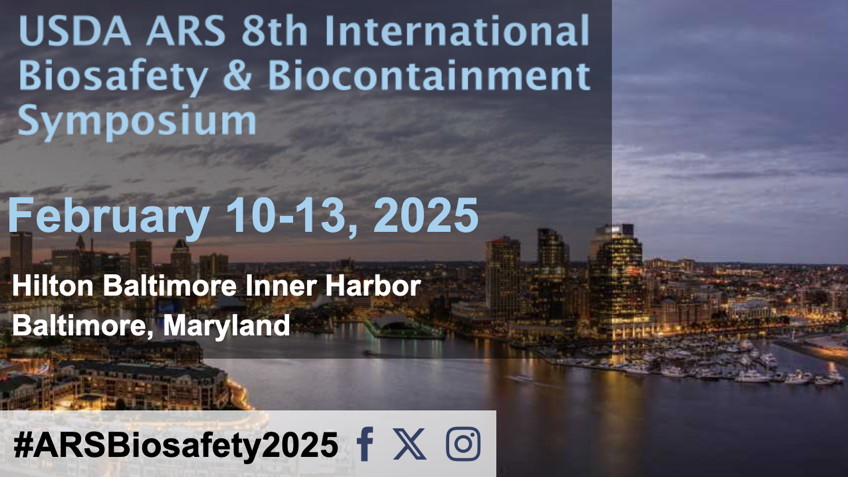2V. Tactical Implementation of Biosecurity Principles: An Advanced, Scenario-Driven Course on Risk and Threat Management Programs
WebinarA distinguishing factor between security and biosecurity programs is the fact that biosecurity programs are focused on assets that are biological in nature. This brings forth unique distinctions in implementing risk- and threat-based approaches to prevent the release, loss, or theft of these assets. This advanced workshop will challenge attendees to fully analyze a single biosecurity driven scenario through a series of risk and threat management decision-making. Participants will learn the principles of biosecurity, which set it apart from traditional security, by applying tactical methodology to analysis of a real-world biosecurity case study. The outcomes of this intensive course will be identification of biosecurity-specific risk and threats, their corresponding prioritization against a mitigation plan, approaches for blending these inputs for comprehensive biorisk management, and finally, an integrated biosecurity plan. Participants will leave the course with tools that will be applicable to their host institutions for future engagements building effective integrated biosecurity plans against scenarios.

